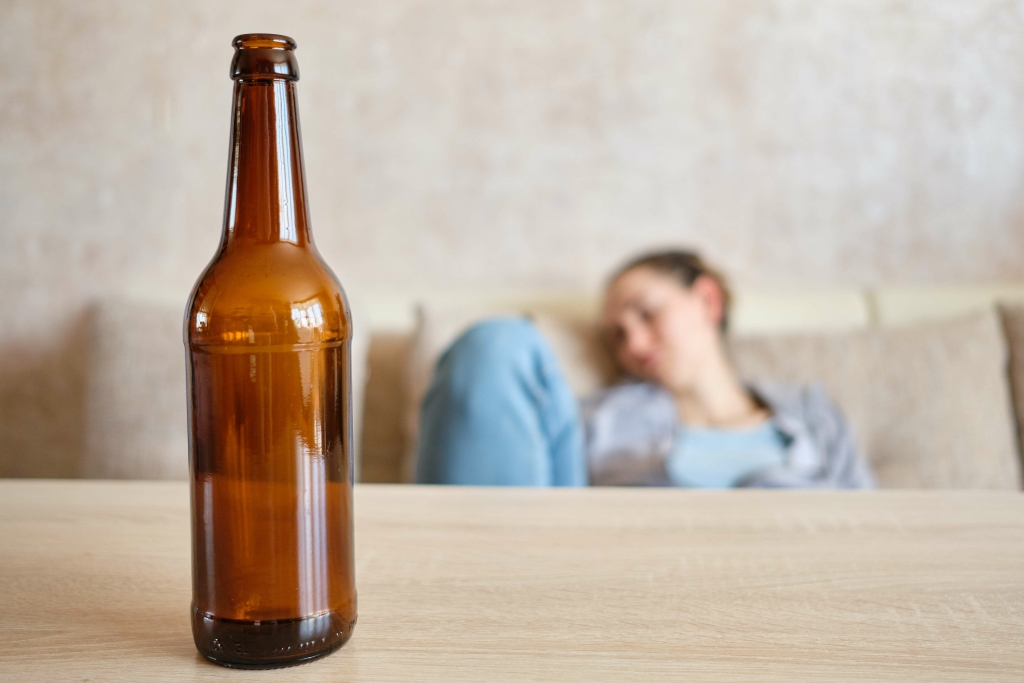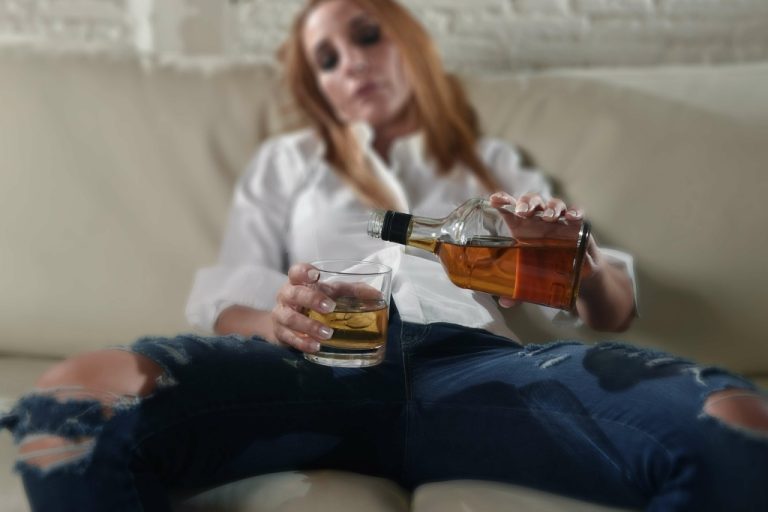An SUD is a treatable, chronic disease, characterized by a problematic pattern of use of a substance leading to noticeable impairment or distress. SUDs http://www.ruminus.ru/minusovki/09eng/50_cent/a_baltimore_love_thing.html can lead to significant problems in all aspects of a person’s life. The recovery process from Substance Use Disorders (SUDs) has evolved over time.
- Rebuilding close connections with family and friends is essential to successful addiction recovery.
- Addiction Recovery Institute South Warwick specializes in providing comprehensive treatment services for individuals struggling with opioid addiction.
- Now she’s a homeowner, she started a small business and says life is “awesome.”
- The uncertainty of a person’s behavior tests family bonds, creates considerable shame, and give rise to great amounts of anxiety.
- Sarah Allen Benton, M.S., LMHC., LPC, is a licensed mental health counselor and author of Understanding the High-Functioning Alcoholic.
- As with most other chronic diseases, such as diabetes, asthma, or heart disease, treatment for drug addiction generally isn’t a cure.
Decide to Change
Recovery from addiction is not only possible, it is the rule, rather than the exception. S. National Survey on Drug Use and Health, more than 75 percent of people addicted to alcohol or drugs recover—their condition improves and substance use no longer dominates their life. It is often a long and bumpy path, and relapse is nearly inevitable—but that doesn’t spell the end of recovery. There are coping strategies to be learned and skills to outwit cravings, and practicing them not only tames the impulse to resume substance use but also gives people pride and a positive new identity that hastens recovery. Behavioral therapies help people in drug addiction treatment modify their attitudes and behaviors related to drug use. As a result, patients are able to handle stressful situations and various triggers that might cause another relapse.
Treat Co-Occurring Mental Health Conditions

That number is down 11 per cent from the same month last year, but still represents part of a relentless death toll that has made illicit drugs the leading cause of death for those aged between 10 and 59. He says Joshua House aims to get people into care within 24 hours of them reaching out, but he also admits they have a waitlist and triage based on need. There are few programs that offer both short- and long-term support like Joshua House, according to Korkowski, and he is unsure if the province would support the idea of more such facilities.
HHS releases National Strategy for Suicide Prevention and first-ever Federal Action Plan
Adolescents and young adults between the ages of 15 and 25 are one such group, with the lowest rates of engagement for medication for their opioid use problems. As part of the Consortium on Addiction Recovery Science, two HEAL-funded research teams are laying the groundwork for current and future science-based community participation in recovery research. Get the latest announcements on SAMHSA’s effort to address recovery support. 7 in 10 adults who ever had a substance use problem considered themselves to be recovering or in recovery.
Creating a new path takes proactive effort and much repetition before it feels comfortable. Happily, you don’t have to make all the mistakes yourself to learn what to do. Their http://www.avtura.com.ua/books/results.php?char=F missteps, when observed or communicated, provide guidance in how to proceed. Still, it’s important to recognize that the recovery change process itself is very difficult.
Causes and Risk Factors for Opioid Overdose
Strategically avoiding an event, a person, or a situation with a polite excuse can yield lifesaving dividends, especially early in recovery. The principle of equifinality states that there can be many different pathways to a common developmental endpoint. While our cultural psyche https://www.opelbook.ru/en/astra/J_g/body/care tends to default to a clinical recovery pathway involving some kind of mix of rehab and/or AA—which can be lifesaving—in fact, many recover without using any external services. Others make use of medications, and still others recover with religious or spiritual guidance.
